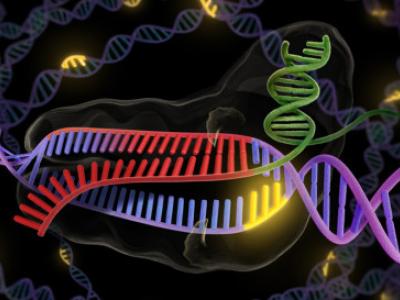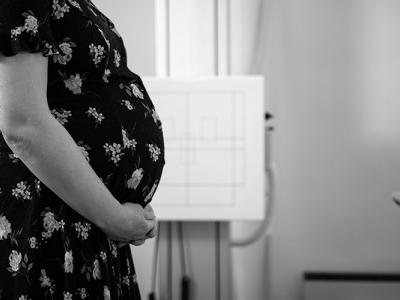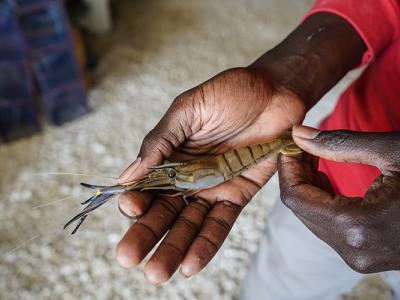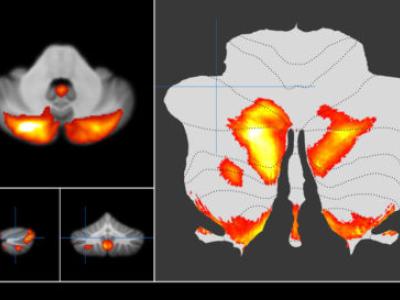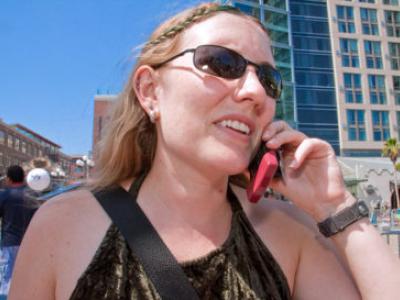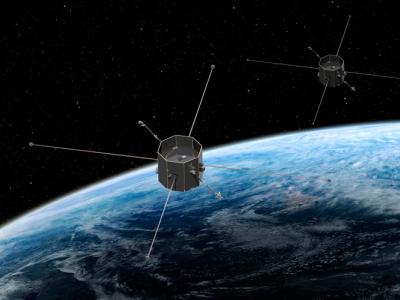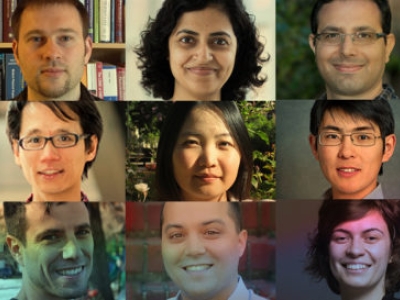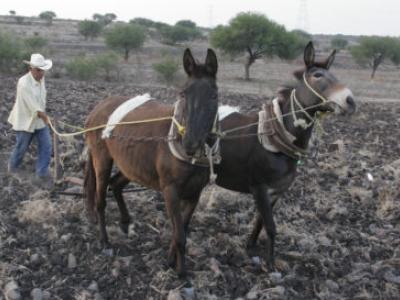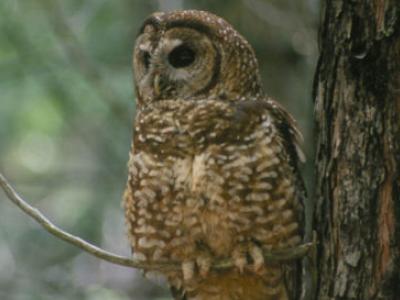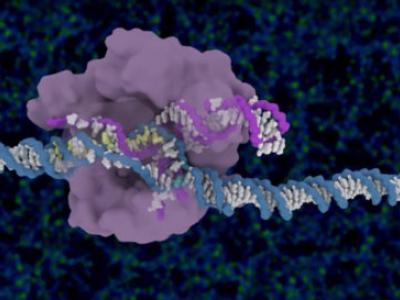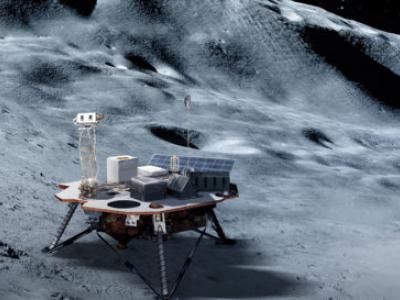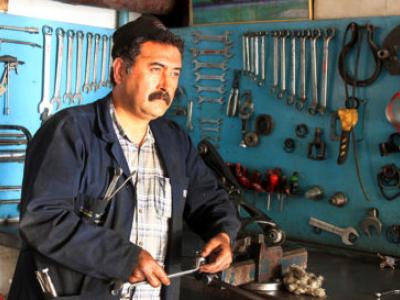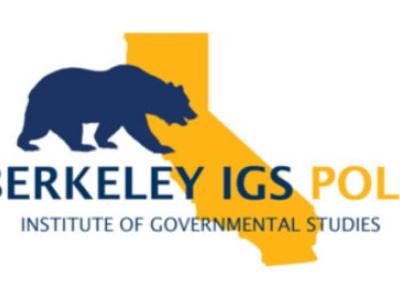The University of California has received two new patents for use of the revolutionary CRISPR-Cas9 technology, increasing its gene-editing patent portfolio to 10. Five more are expected to be issued by the U.S. Patent and Trademark Office by the end of the summer.
Research News
Learn more about UC Berkeley's researchers and innovators.
Showing 1537 - 1552 of 3463 Results
Latina mothers living in the United States experienced a significant jump in preterm births in the nine months following the Nov. 8, 2016, election, according to a study by researchers at UC Berkeley and the Johns Hopkins Bloomberg School of Public Health.
Before bite-sized crustaceans like crayfish, shrimp and prawns land on our dinner plates, they first have to get fat themselves — and it turns out they relish the freshwater snails that transmit the parasite that causes schistosomiasis, the second most devastating parasitic disease worldwide, after malaria.
Scientists at UC Berkeley and Western University in Canada have used brain imaging to map the cerebellum, a formerly underappreciated neural region that contains the vast majority of the brain’s neurons, hence its Latin moniker “little brain.”
As of 2017, there were 273 million smartphones in use in the U.S and 5 billion subscriber connections worldwide, according to Joel Moskowitz, director of UC Berkeley’s Center for Family and Community Health at the School of Public Health. Moskowitz, who has conducted research on disease prevention programs and policies for more than 30 years, says that with the influx of smartphones has come hundreds of thousands of cell towers, which may pose health risks.
The U.S. Patent and Trademark Office (USPTO) has awarded a new patent to the University of California (UC), University of Vienna, and Dr. Emmanuelle Charpentier covering methods of producing a genetically modified cell through the introduction of the Cas9 protein, or a nucleic acid encoding the Cas9 protein, as well as a single molecule DNA-targeting RNA. This patent (U.S. 10,351,878) covers the use of this method in a cell.
UC Berkeley scientists are probing the fleeting steps in rapid photochemical reactions with some of the shortest laser pulses possible today. In this case, a femtosecond pulse of visible light (green) triggers the breakup of iodine monobromide molecules (center), while attosecond XUV laser pulses (blue) take snapshots of the molecules. This allows them to make a movie of the evolution of electronic states (yellow lights around molecules) before the molecules blow apart.
Professor Richard K. Lyons is UC Berkeley’s first-ever Chief Innovation and Entrepreneurship Officer (CIEO).
If all goes as planned, two teams of scientists and engineers at UC Berkeley’s Space Sciences Laboratory will be sending experiments into orbit around Mars and Earth by the end of 2022, each mission consisting of identical twin satellites.
Nine young faculty members have been awarded the Presidential Early Career Award for Scientists and Engineers (PECASE), the highest honor bestowed by the U.S. government on scientists and engineers in the early stages of their careers.
Global climate change is likely to exacerbate the ongoing immigration crisis in the United States, according to field research being done this summer in Guatemala by a UC Berkeley Ph.D. student funded by the Center for Latin American Studies.
Spotted owl populations are in decline all along the West Coast, and as climate change increases the risk of large and destructive wildfires in the region, these iconic animals face the real threat of losing even more of their forest habitat.
Scavenging spare parts and grabbing off-the-shelf hardware, University of California, Berkeley, space scientists are in a sprint to build scientific instruments that will land on the moon in a mere two years.
The dream of enjoying one’s so-called Golden Years, or advanced years of life, in comfortable retirement may be a fantasy for an increasing number of working Californians.
In just the last three years, the Berkeley IGS Poll has risen to the forefront of a new era in polling, tapping into information that Californians may choose to provide — their age, race, ethnicity, gender and political affiliation — when they register to vote. And while the poll, produced by UC Berkeley’s Institute of Governmental Studies (IGS), is focused only on California, its reputation as a leading poll has gained national prominence.

